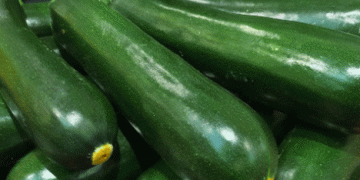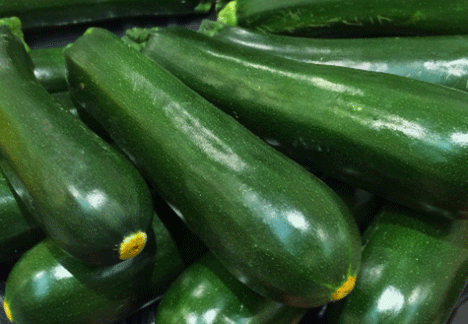Global trade in agricultural produce brings numerous benefits, but it also introduces risks when food safety standards are breached. Recent cases of banned pesticide residues in imported vegetables—DDT in organic zucchini from Spain and Indoxacarb in Turkish tomatoes—highlight these challenges.
The Spanish Zucchini Incident
French authorities issued a warning on December 3 regarding organic zucchini imported from Spain. Tests revealed residues of the banned insecticide DDT at levels of 0.11 ± 0.06 mg/kg. Although the zucchini were no longer on the market, the warning was issued to alert the distribution chain and consumers. DDT, banned in many countries, is a persistent organic pollutant known to accumulate in fat tissues and ecosystems, posing long-term health and environmental risks.
Turkish Tomatoes Destroyed at EU Borders
A shipment of Turkish tomatoes was destroyed upon reaching EU borders after Romanian authorities detected Indoxacarb levels of 0.34 mg/kg. Indoxacarb, an insecticide from the oxadiazine class, is prohibited in the EU due to its high risks to wildlife and human health. The destruction of the shipment reflects the EU’s commitment to preventing non-compliant produce from entering the market.
Understanding the Pesticides
- DDT (Dichlorodiphenyltrichloroethane):
- A chlorinated organic compound, DDT is highly lipophilic and persistent in the environment, with an average ecosystem half-life of three years.
- Acute exposure can irritate the skin, eyes, and respiratory system, and long-term accumulation in fat tissues can disrupt ecosystems.
- Indoxacarb:
- An oxadiazine insecticide that blocks sodium ion channels in insect nerve cells, effectively paralyzing and killing pests.
- The European Food Safety Authority (EFSA) classifies it as a high-risk substance for mammals, consumers, and agricultural workers.
Implications for Agriculture and Trade
These incidents reveal vulnerabilities in the global food supply chain. While pesticides play a critical role in controlling pests and ensuring crop yields, the misuse or unauthorized use of banned substances can undermine consumer trust and harm ecosystems. Additionally, these cases highlight the necessity for enhanced monitoring and stricter penalties for violations.
Steps Toward Safer Produce
- Rigorous Testing: Strengthening testing protocols at all stages of the supply chain to detect residues early.
- Producer Education: Ensuring growers understand the legal requirements and risks of banned substances.
- Technological Solutions: Exploring alternative pest management strategies, such as integrated pest management (IPM) and organic-approved pesticides.
The warnings about DDT in Spanish zucchini and the destruction of Turkish tomatoes due to Indoxacarb are stark reminders of the importance of strict pesticide regulations. As global trade expands, harmonized safety standards and robust enforcement are essential to protect public health and the environment.































